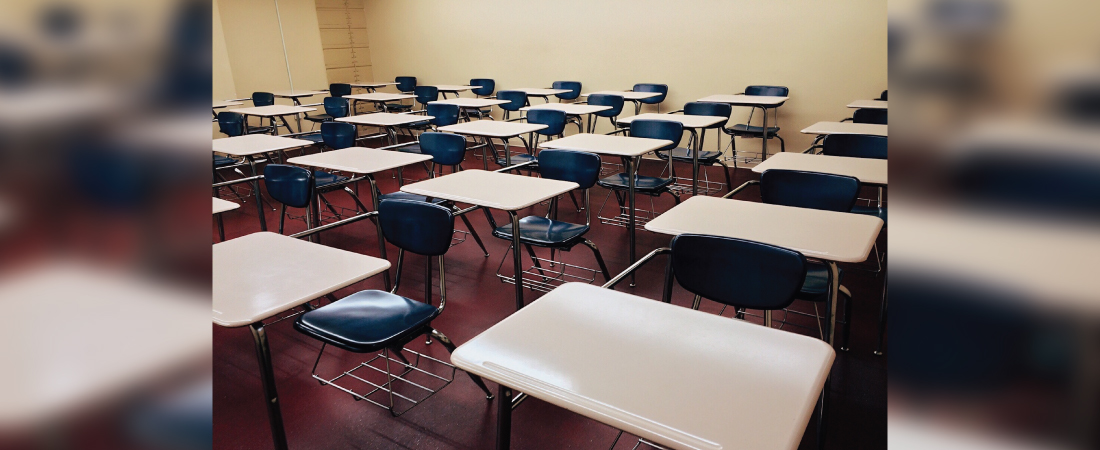A school district in Walton County, Florida, recently received challenges to more than fifty library books. The district’s current book challenge and review procedures do not clearly set forth the criteria to be used in adjudicating challenges, and do not ensure that review committees represent all stakeholder groups. NCAC has written to the district to advise them to amend their policies.
Challenges to educational materials are often emotionally charged, and as a result it is important that districts adjudicate challenges in a manner which ensures that all interested parties feel that their views have been heard and considered. It is also essential that community members feel that decisions about educational material are made in an objective, nonpolitical manner, and that the process makes serving the needs of students the paramount goal of the process. Finally, district procedures should discourage frivolous challenges, since adjudicating challenges can consume large amounts of employee time and attention.
We have almost fifty years of experience advising school districts how to achieve those goals. We have found that weak policies tend to engender controversy, since they open the district to accusation of bias or impropriety. Effective book challenge procedures help the district to protect the freedom of expression and information of its students and staff.
NCAC’s guidelines for administrators include sample book challenge procedures from school districts across the country. For example, Walton County’s procedures include no explicit criteria governing the adjudication of challenges, leaving the reviewers free to substitute their personal values for objective criteria. In contrast, the best policies include criteria such as relevance to the curriculum; reviews, awards and recommendations by educational experts; and age appropriateness. Moreover, the best review committees include teachers, community members, parents, and older students.
See NCAC’s letter to the district. Click here for a full screen view:


